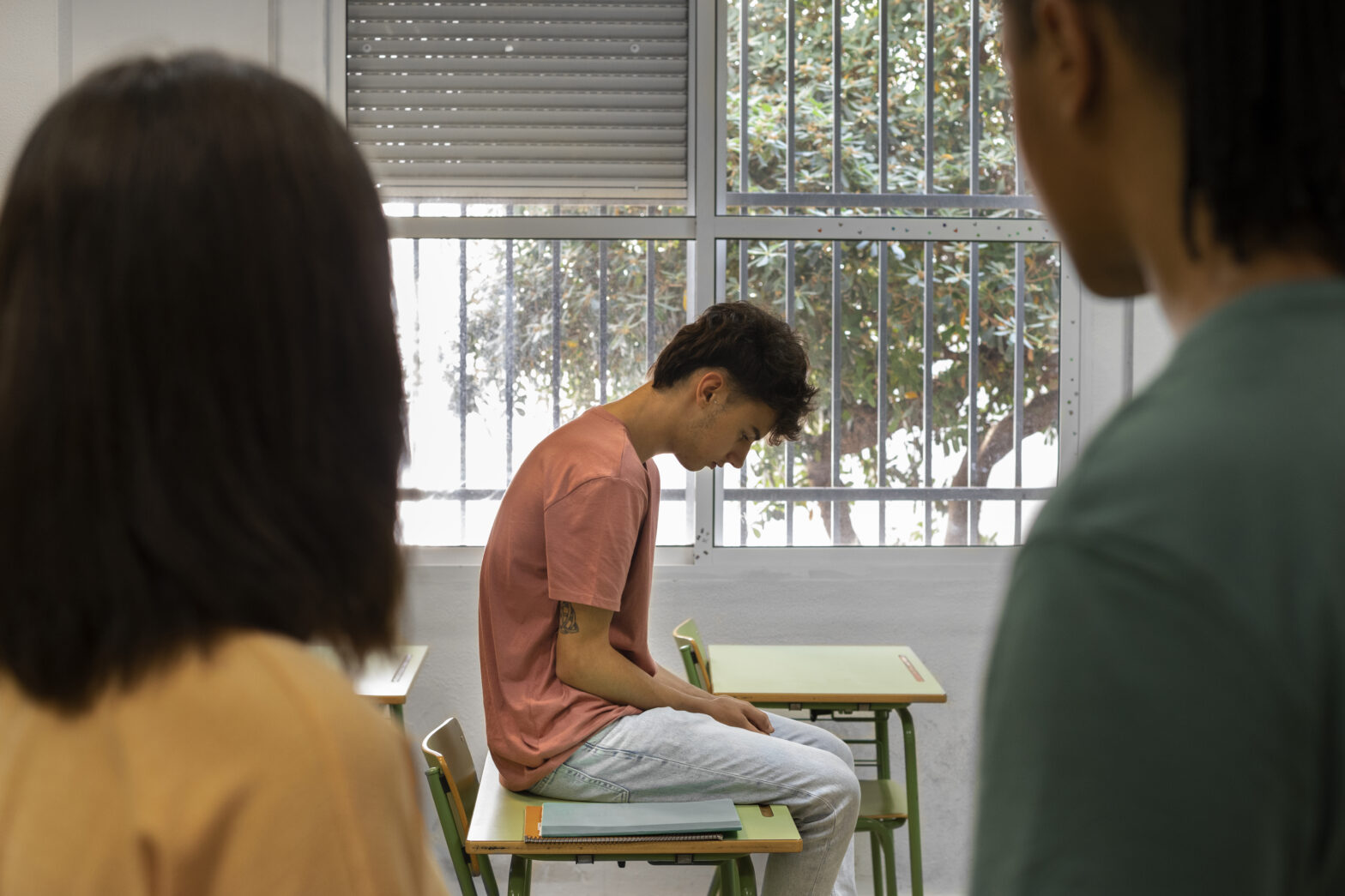In today’s fast-paced academic world, students feel the pressure of deadlines, expectations, digital distractions, and competition more intensely than ever. Conversations around mental wellbeing have increased, but the real challenge remains: how can students improve their emotional balance without adding more stress to their already overloaded routines? Interestingly, research is now highlighting that mental health for students can improve significantly by making one small but powerful change in their daily lifestyle. Instead of trying multiple hacks, routines, or complicated self-care strategies, just one mindful habit can create a visible shift in focus, clarity, and overall emotional stability.
Why Students Are Overwhelmed More Than Ever
Across schools, colleges, and universities, one pattern is clear—students are constantly multitasking. They manage studies, exams, social media, part-time work, and a constant digital noise that never stops. Their minds rarely get the chance to slow down. As a result, mental health challenges like stress, anxiety, burnout, sleep issues, and emotional fatigue have become extremely common among young learners. Teachers and parents often suggest bigger solutions like time management workshops or full therapy programs, but students rarely have the time or energy to begin them. This is where the idea of adopting a single, easy-to-follow daily habit becomes not just practical but transformational.
The One Habit: A 10-Minute Daily Reflection Break
Among all trending wellness practices, one stands out for its simplicity and effectiveness: taking a 10-minute reflection break each day. This is not journaling, not meditation, and not deep breathing. It’s a silent pause where the student disconnects from every notification, every academic task, and every external trigger just to let the mind breathe. In this pause, the brain shifts from reaction mode to reset mode, which psychologists say can instantly reduce mental pressure.
This habit may look small, but it directly supports mental health for students by giving them space to slow down mentally before stress peaks. When students spend even a few minutes without digital or academic engagement, their nervous system rebalances, which improves mood regulation, energy levels, and focus for the rest of the day.
How This Simple Habit Works on a Mind That Is Always Racing
The student brain is constantly absorbing information—lectures, assignments, social updates, and personal worries. When the mind never gets a break, it becomes overloaded, making students feel irritated, restless, or emotionally drained. A 10-minute reflection break acts like a reset button. By pausing and allowing thoughts to settle naturally, students experience a calming effect similar to rebooting a device that has been running too long.
During this pause, the mind slowly organizes thoughts, reduces clutter, and restores the ability to concentrate. Studies show that even short mental breaks can improve problem-solving, memory, and emotional resilience. Students often notice that they feel lighter, more in control, and less reactive throughout the day, simply because the brain finally gets a moment to function without pressure.
Why Students Find This Habit Easier Than Traditional Wellness Practices
Most wellness routines require planning—finding a quiet spot, preparing a journal, following a meditation track, or sticking to structured exercises. Students who are already struggling with time and mental exhaustion often skip these methods because they feel like additional tasks. The unique benefit of a reflection break is that it requires nothing: no tools, no schedule, no technique. It can be done in the classroom, library, bus stop, or even while sitting in a corridor before a lecture. This zero-effort nature makes it sustainable, something students can easily practice daily without feeling burdened.
Another reason this habit is trending is that it adapts naturally to a student’s lifestyle. Whether they are dealing with exam stress, personal challenges, or academic pressure, these 10 minutes offer mental breathing space. Over time, this simple practice becomes a grounding moment students naturally look forward to because it gives immediate relief.
The Hidden Benefits Students Notice After Just a Week
What surprises most students is how quickly they feel the benefits. Within a week of practicing a short reflection break, many report feeling calmer during classes, less reactive to stress, and more focused during study sessions. Their sleep quality often improves because the mind is not running uncontrollably late at night. Emotional stability also becomes stronger because the brain is no longer overloaded throughout the day.
This habit also helps students understand themselves better. When the mind finally slows down, thoughts and emotions become clearer. They start identifying what triggers their stress, what affects their mood, and what habits drain their energy. This deeper self-awareness is a major contributor to long-term mental wellbeing and forms the foundation of strong emotional intelligence.

Why This Trend Is Growing Fast Among Students and Universities
Globally, many student communities and educational institutions are recognizing the power of small mental reset habits. Instead of pushing students into complicated wellness routines, universities are now encouraging micro-breaks, quiet zones, and reflection corners. Students share their positive experiences on social platforms, which is why this trend is rapidly growing.
One daily habit becomes easier to follow consistently and gives visible results. As students experience immediate relief from overthinking, mental fog, and constant stress, they naturally integrate it into their routine. Institutions also see benefits in academic performance and classroom engagement, which is why this trend continues to rise.
A Simple Habit, a Big Shift in Student Wellbeing
In a time where mental stress among young learners is rising rapidly, small steps matter the most. A 10-minute reflection break may seem too basic, but its impact is profound because it calms the mind at its most vulnerable moments. Students need solutions that fit their fast-paced life, and this habit is one of the easiest and most effective ways to support mental health for students without overwhelming them.
When just one daily habit can improve emotional balance, clarity, focus, and resilience, it becomes a life-changing addition to a student’s routine. And the best part is—any student can start it today, anywhere, without pressure, rules, or expectations. One simple pause has the power to bring back mental peace, strengthen motivation, and create a healthier academic journey.

